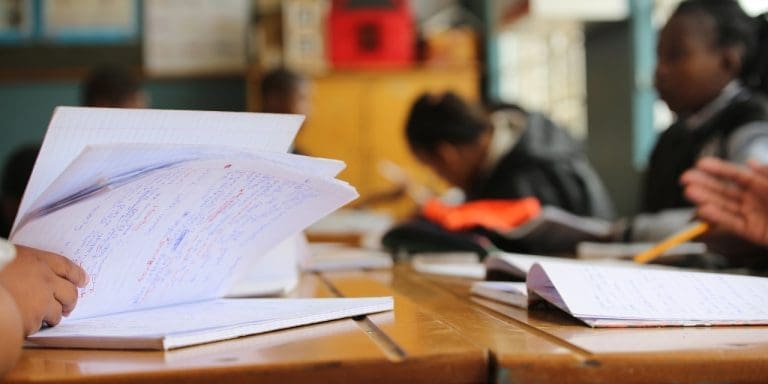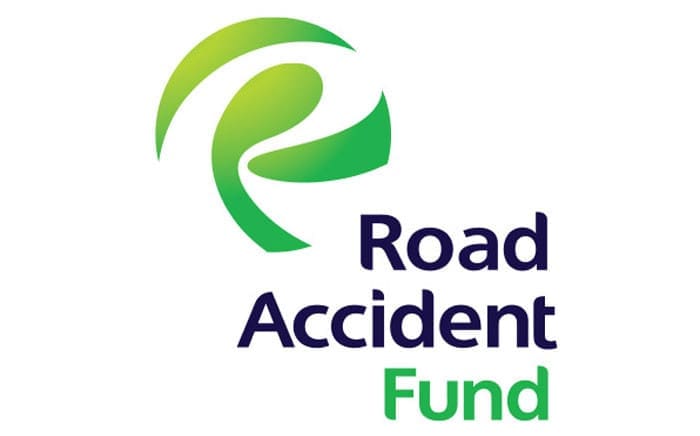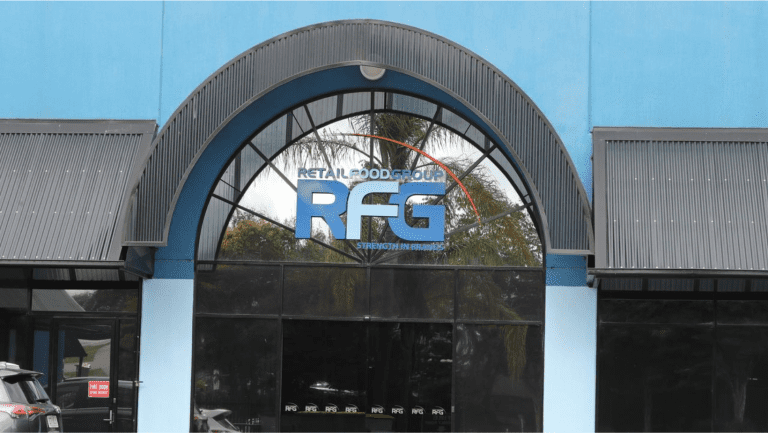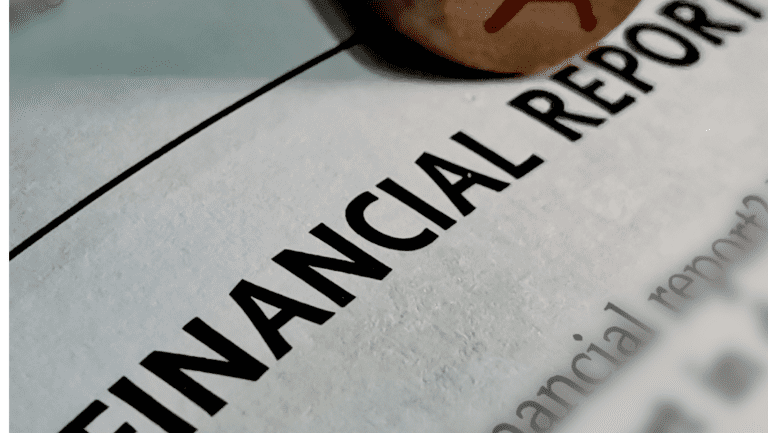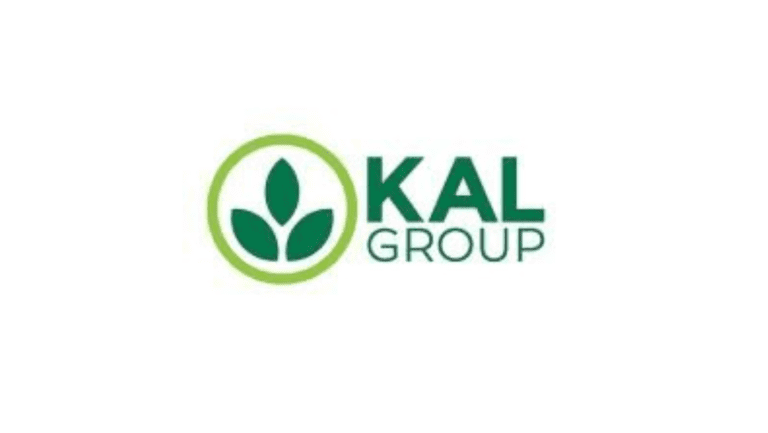Recent financial assessments have revealed a concerning trend among South Africans, particularly those earning R35,000 or more per month, as they grapple with the country’s soaring living costs. The latest DebtBusters’ Debt Index report for the third quarter of 2023 unveiled the staggering financial burdens faced by this income bracket, emphasizing the unprecedented challenges in maintaining a balanced financial life.
Statistics from the report underscored the startling reality: individuals earning R35,000 or above shoulder the heaviest burden when it comes to debt servicing. On average, South African consumers, regardless of income, find themselves allocating a staggering 63% of their take-home pay towards servicing debts. However, those within the R35,000+ income range face an even more daunting figure, with a staggering 67% of their monthly earnings being funneled into debt repayments.
The gravity of the situation becomes glaringly apparent when examining the debt-to-income ratio of this top-income echelon, which has reached an alarming 164% – the highest observed since 2016. This significant rise in debt levels primarily stems from escalating bond repayments, constituting a substantial 42% of the debt burden for those in the R35,000+ income bracket. A concerning trend emerges as the report highlights a whopping 25% surge in overall debt levels for this demographic since 2016.
The report painted a stark picture of financial stagnation and growing disparity, underlined by a mere 1% increase in average take-home pay over the last seven years, starkly contrasted with a soaring 41% inflation rate. This staggering discrepancy resulted in a 40% decline in real disposable income for most South Africans by 2023, significantly impacting their financial stability and lifestyle.
In response to this economic strain, many turned to unsecured borrowing as a means to supplement their diminishing incomes. The data revealed a concerning 21% surge in unsecured debt for the average consumer between 2016 and 2023. However, individuals earning R35,000 or more per month experienced an even more alarming 42% hike in unsecured debt levels during the same period.
DebtBusters expressed grave concern over these distressing figures, highlighting how consumers increasingly rely on unsecured credit to bridge the income gap exacerbated by soaring inflation rates and interest charges. This financial predicament prompted a substantial surge in demand for debt management services in Q3 2023. Notably, debt counselling inquiries surged by 28%, while online debt management requests skyrocketed by 65%, marking a pronounced cry for financial assistance among South Africans.
Although a marginal improvement was noted in the median debt-to-annual-income ratio, dropping slightly to 108%, it remains at an alarmingly elevated level, reflective of the enduring impact of successive interest rate hikes since November 2021. DebtBusters emphasized that this trajectory was anticipated, projecting a similar financial strain to persist for the remainder of 2023.
In conclusion, the findings from the DebtBusters’ Debt Index report for Q3 2023 present a disquieting narrative of financial distress among affluent South Africans, particularly those earning R35,000 or more per month. As economic pressures continue to mount, the escalating debt burden and diminishing real incomes paint a concerning picture of financial vulnerability, prompting an urgent need for sustainable financial strategies and support mechanisms to alleviate the strain on consumers.





















